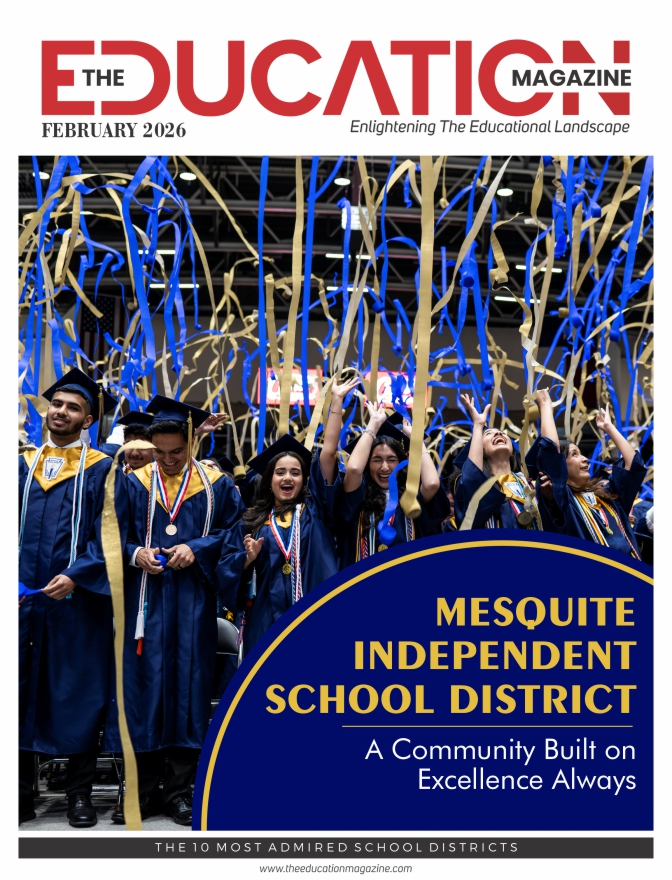College admissions used to be all about grades, test scores, and essays. That’s still true, but now there’s a new step in the process that happens before anyone reads your application. They Google you.
Colleges Are Looking You Up
Most students don’t think about it, but admissions officers are checking social media and search results. According to a survey by Kaplan, 36% of college admissions officers check applicants’ online profiles. That number has doubled over the last decade.
They’re not just being nosy. They’re trying to see if what you say on your application lines up with who you are in real life. If they find offensive posts, party pics, or aggressive behavior online, it can hurt your chances. If they see positive projects, awards, or a clean profile, it can boost your image.
One admissions advisor told us, “I once pulled up a student’s Instagram and saw them trashing a teacher by name. That didn’t help their case. We want maturity, not drama.”
Bad Posts Stay Online Forever
Here’s the problem. The internet never forgets. That comment you left on Reddit at 13, the private joke that wasn’t funny, or that photo from a weekend party might still be out there. Even if you delete it, it might be archived or screenshotted. One applicant had an old YouTube video resurface where they used slurs during a game stream. Their application didn’t move forward.
When something like that gets linked to your name, it can show up high in search results. Colleges don’t always dig deep, but they might not have to. If something shows up on page one, that’s all it takes.
What Counts as a Red Flag?
Not everything online is a problem. Colleges know students have lives outside the classroom. But they do look for things like:
- Harassment, bullying, or hate speech
- Sexually explicit photos or language
- Drug or alcohol content
- Racist, sexist, or offensive jokes
- Academic dishonesty or bragging about cheating
Even memes or retweets can send the wrong message if taken out of context. “We don’t expect perfection,” another advisor said, “but we do expect common sense.”
A Clean Slate Is Not Enough
Some students think the answer is to delete everything. That’s a start, but it’s not enough. A blank online profile can seem suspicious too. Colleges want to see personality, interests, and engagement. You don’t need a perfectly curated feed, but showing effort can make a difference.
A clean online presence should show signs of who you are. That could be a blog about your science fair project. Or a TikTok account where you teach study tips. One student created a public Instagram to document their art portfolio. Another posted short interviews with their community about climate change. Both got early offers.
It’s about balance. Show you’re thoughtful, curious, and respectful. You don’t need to fake it. Just highlight the best version of yourself.
What If Something Bad Already Exists?
Let’s say there’s something online you regret. Maybe someone tagged you in a party photo. Maybe you posted a dumb comment when you were 15. Or maybe someone wrote something false about you. You still have options.
Start with your own profiles. Remove what you can. Change privacy settings. Untag yourself. Ask friends to delete posts if they show you in a bad light.
Next, Google your name in quotes and see what comes up. Try different versions, like with your middle name or username. If you find something serious, screenshot it, then try contacting the site to remove it. If that fails, reputation services like erase.com can help clean up search results and remove unwanted content when possible.
One applicant we spoke with said, “My ex posted screenshots from years ago to make me look bad. I used a service to get them taken down. It saved me before interviews started.”
How to Clean Up Your Online Presence
Here’s a step-by-step plan to polish your presence before you apply:
1. Audit Your Accounts
Make a list of every platform you’ve used. That includes TikTok, Instagram, Twitter, Reddit, YouTube, and even old gaming forums. Log in and review your posts. Delete or make private anything that could be misunderstood.
2. Update Your Bios
A clean bio goes a long way. Add your interests, hobbies, or a short goal. Even something simple like “Aspiring nurse, gamer, and part-time tutor” shows personality.
3. Search Yourself
Use Google in private/incognito mode. Search your full name, usernames, and email. Note anything that looks off. Click image results too. If you see anything damaging, act fast.
4. Create Positive Content
Post your best work. Write a short blog post. Share a community service photo. Start a small project and talk about it. If there’s nothing negative online, this still helps build your personal brand.
5. Keep It Real
Don’t try to look perfect. Show curiosity, kindness, and effort. That’s what colleges care about. A little authenticity goes a long way.
What Parents and Counselors Can Do
Parents should have open conversations, not lectures. Ask to review your child’s social media together. Make it a team effort. Share examples of how a clean profile helped a student stand out.
Counselors can host workshops or include online audits as part of application prep. Include it with resume reviews and essay feedback.
The New First Impression
Your online presence is your digital handshake. It’s the first impression before they meet you or read your essay. And it can speak louder than your transcript if you’re not careful.
More than ever, the internet is part of the admissions process. Clean it up. Take control of the story. Make sure what people see matches who you really are.
Quick Recap:
- 36% of admissions officers check online profiles
- Clean up your social media before applying
- Post things that show curiosity and character
- If something bad shows up in search, act fast
- Services like erase.com can help remove unwanted results
You’ve worked hard to earn a spot at your dream school. Don’t let a tweet from your adolescence blow it. Clean up, show up, and give them every reason to say yes.
Also Read: How To Start a College Admission Essay: Making a Memorable First Impression










